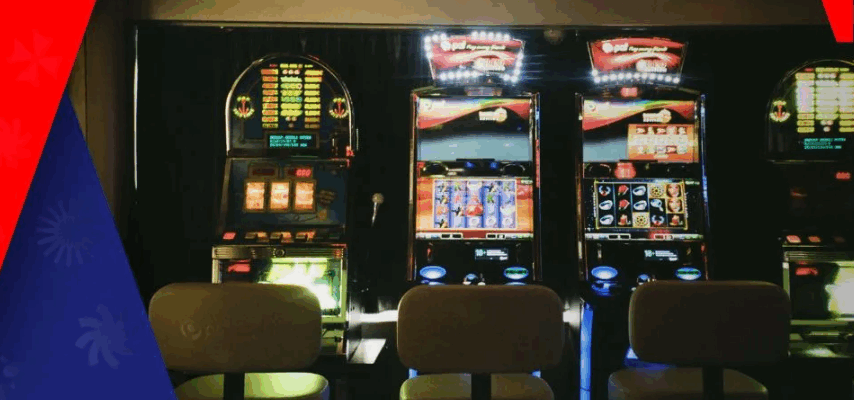Advocates for harm reduction also warned that delays are leaving problem gamblers exposed to risks that stronger protections could have already mitigated. Harris declined to commit to a firm timeline before the next election, saying only that reforms must be careful, workable, and effective.
NSW Cashless Pokies Trial Collapses Amid Trust Concerns

Pilot Program Falls Flat
A 12-month trial of cashless poker machines in New South Wales (NSW) has been branded a failure after attracting minimal player interest. Still, officials argue the program has provided valuable lessons as the state considers future gambling reforms.
The scheme initially launched with 500 machines across pubs and clubs before expanding to nearly 2,500, but uptake was weak. Of the 243 registered participants, only 14 became regular active users.
“This number is not what we hoped for, but the trial gave us deeper insight into community concerns,” NSW Premier Chris Minns admitted, calling the initiative “largely ineffective.”
Gambling Minister David Harris conceded that distrust of government and privacy fears discouraged many players from signing up.
Trust, Privacy, and Terminology Issues
Patrons frequently voiced concerns that the technology could lead to surveillance and erode their anonymity. Harris acknowledged these worries but said understanding them is key to shaping workable reforms.
An independent panel reviewing the trial also argued that the term “cashless gaming” was misleading. It suggested shifting to “account-based gaming” to more accurately reflect the system and reduce player resistance.
The panel had previously recommended a phased rollout of account-based systems starting in 2027, with full implementation by 2028. The system, it said, would be vital for tackling money laundering and could also provide new tools for harm reduction.
Other Measures Already Underway
Beyond the trial, NSW has already begun tightening controls. Since July 2023, withdrawal limits on nearly half of poker machines have been reduced from A$5,000 (€3,050) to A$500 (€305). The government is also exploring the use of facial recognition technology to detect criminal activity in gaming venues.
Harris stressed that industry consultations are ongoing but that the Cabinet will ultimately decide the path forward. He emphasized the need to balance technology adoption with the economic realities of regional venues and regulatory enforcement.
Political and Public Backlash
The slow pace of reform has drawn fire. Opposition gambling spokesperson Kevin Anderson dismissed the trial as a “farce” and “a spectacular failure,” criticizing the government for failing to formally respond to the panel’s roadmap nine months after its release.
Advocates for harm reduction also warned that delays are leaving problem gamblers exposed to risks that stronger protections could have already mitigated. Harris declined to commit to a firm timeline before the next election, saying only that reforms must be careful, workable, and effective.
Recent Posts
- Xoc Dia Strategy: Demystifying the Vietnamese Dice Game
- Zodiac Horoscope for February 5, 2026 – Thursday’s Astrological Guide
- Beyond the Basics: Introducing the Hi-Lo Card Counting System
- The Pillars of Profitable Blackjack: Discipline Over Dreams
- Zodiac Horoscope for February 4, 2026 – Wednesday’s Astrological Insights
Recent Comments












